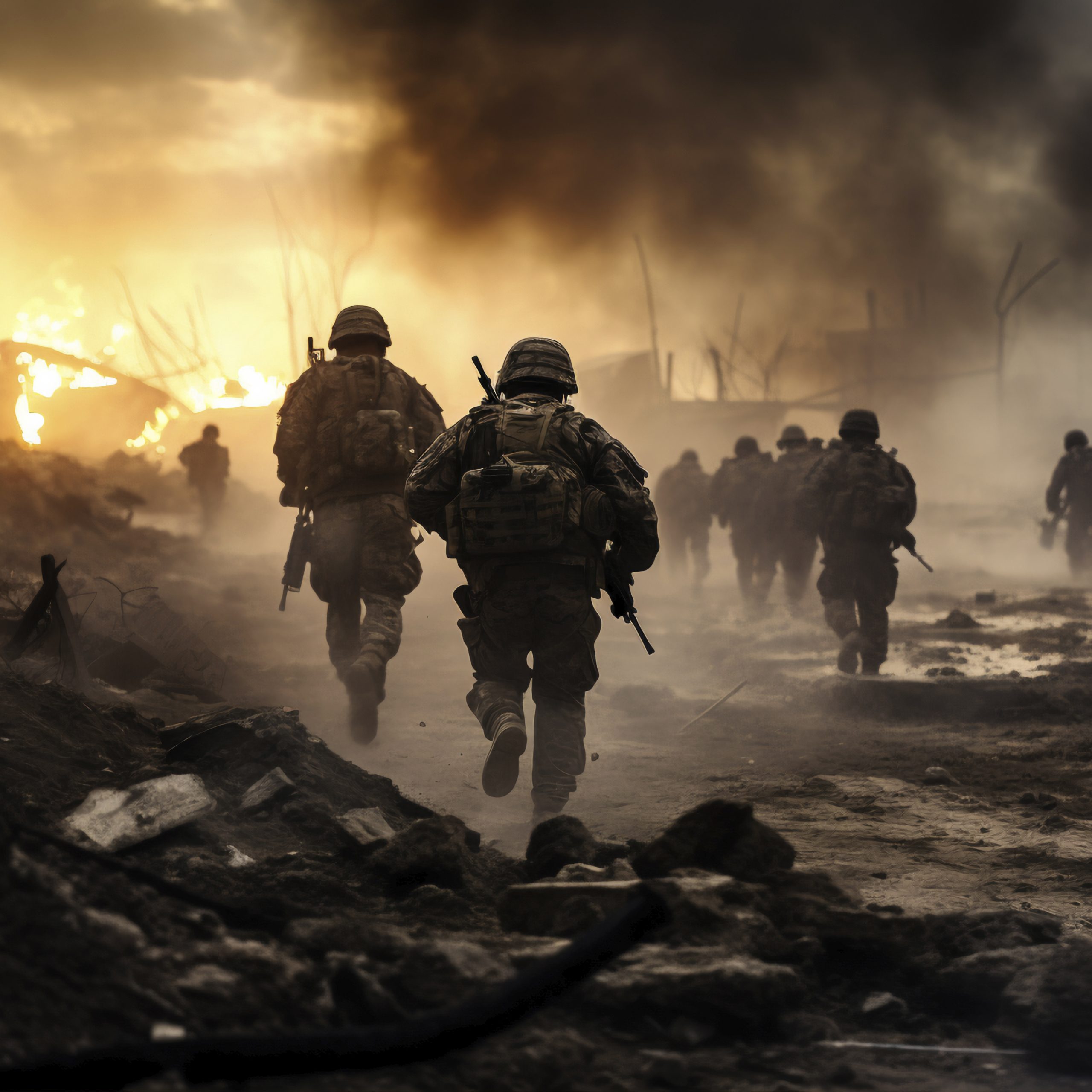War and Conflicts: An Islamic Perspective and Today’s Reality
War and conflicts have always left behind destruction, pain, and injustice. In today’s world, nations continue to engage in wars under the name of power, politics, and control, but their actions often violate human rights and destroy innocent lives. Islam provides a clear and just framework on how wars should be conducted, emphasizing justice, accountability, and compassion, which the modern world often neglects.
What Islam Says About War
Islam does not glorify war. It allows fighting only in cases of self-defense, protection of the oppressed, and safeguarding justice. The Qur’an commands: “Fight in the way of Allah those who fight you, but do not transgress. Indeed, Allah does not like transgressors” (Qur’an 2:190). This highlights that war in Islam has strict boundaries—it is never for aggression or oppression.
The Prophet Muhammad (peace be upon him) set clear rules for conduct in war. He prohibited killing women, children, elders, and unarmed civilians. He forbade destroying crops, homes, or places of worship. Even prisoners of war were treated with kindness and dignity. This reflects that Islam’s rules of war are rooted in justice and humanity.
Consequences of Wars and Conflicts
Modern wars bring nothing but devastation—loss of lives, destruction of homes, displacement of families, and long-lasting trauma. Conflicts create cycles of revenge, poverty, and instability. War destroys education, healthcare, and economies, leaving societies broken for generations.
One of the gravest consequences is human rights violations. Instead of protecting civilians, powerful nations often use wars as tools of dominance. Innocent people suffer while political leaders escape accountability.
Gaza: A Modern Example of Violation
The ongoing massacre in Gaza is a heartbreaking example of how far the world has moved away from justice. Innocent men, women, and children are being killed daily, while entire neighborhoods are wiped out. Gaza faces a self-created famine, with food, water, and medical aid deliberately blocked. These actions directly violate international human rights and humanitarian law, yet the world powers remain silent or biased.
In contrast, Islam’s teachings strictly forbid targeting civilians, starving populations, or blocking essential supplies. The Prophet Muhammad (peace be upon him) taught mercy even in times of conflict. What is happening in Gaza today is the complete opposite of what Islam permits—it is oppression, not self-defense.
Why Islamic Teachings Matter Today
The modern world claims to stand for human rights, but wars like Gaza reveal the hypocrisy and double standards. International organizations often fail to protect the weak against the powerful. This is where Islamic teachings matter the most. Islam’s guidelines for justice, compassion, and accountability ensure that wars do not become tools of tyranny.
If the world truly followed these principles, innocent lives would be safeguarded, rights would be respected, and oppression would be prevented. Islam reminds us that every ruler, every soldier, and every nation will be accountable before Allah for how they dealt with humanity.
Conclusion
War and conflicts are not just battles between armies—they are tests of morality, justice, and compassion. Islam’s framework ensures that even in times of war, humanity must be preserved. The tragedy of Gaza shows the consequences of ignoring these principles: famine, injustice, and the mass killing of innocents. The world must realize that true peace will only come when wars are guided by justice, accountability, and the values taught by Islam.
Copyright 2023, All Rights Reserved



Leave Your Comments